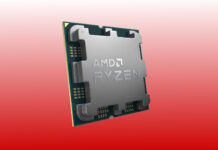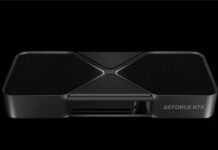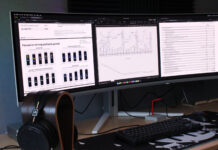Both AMD and NVIDIA will tout physics support with each upcoming GPU. NVIDIA has its recently acquired PhysX, but it has not been known exactly what kind of physics AMD would present. Until yesterday, when AMD announced that Havok will supply the physics for AMD’s current and upcoming GPUs. Havok, which is a wholly-owned subsidiary of Intel, has been delivering software physics for PC games for many years now, but you can also find Havok physics in video games for GameCube, Wii, Xbox, Xbox 360, PlayStation 2, PlayStation 3 and even PSP.
“As the complexity and visual fidelity of video games increases, AMD wants to take advantage of opportunities to improve the game experience,” said Rick Bergman, senior vice president and general manager, Graphics Products Group, AMD. “By working with the clear market leader in physics software, AMD can optimize our platforms to consistently deliver the best possible visual experience to the gamer.”
AMD and Havok will not only develop new and exciting features for AMD’s GPUs, but also work on the possibilities for using the cores of a multi-core CPUs to do physics. This means that both camps of the current how-physics-should-be-handled-and-by-which-part-of-the-computer debate will get what they want. The exact results will of course not be unveiled until AMD presents its new graphics cards in a week or so, but you should not expect any major announcements until later. The journey has just begun.
“The success of Havok as a cross platform software company is predicated on our willingness to listen to the needs of our customers,” said David O’Meara, managing director of Havok. “The feedback that we consistently receive from leading game developers is that core game play simulation should be performed on CPU cores. The clear priority of game developers is performance and scalability on of the CPU. Beyond core simulation, however, the capabilities of massively parallel products offer technical possibilities for computing certain types of simulation. We look forward to working with AMD to explore these possibilities.”














